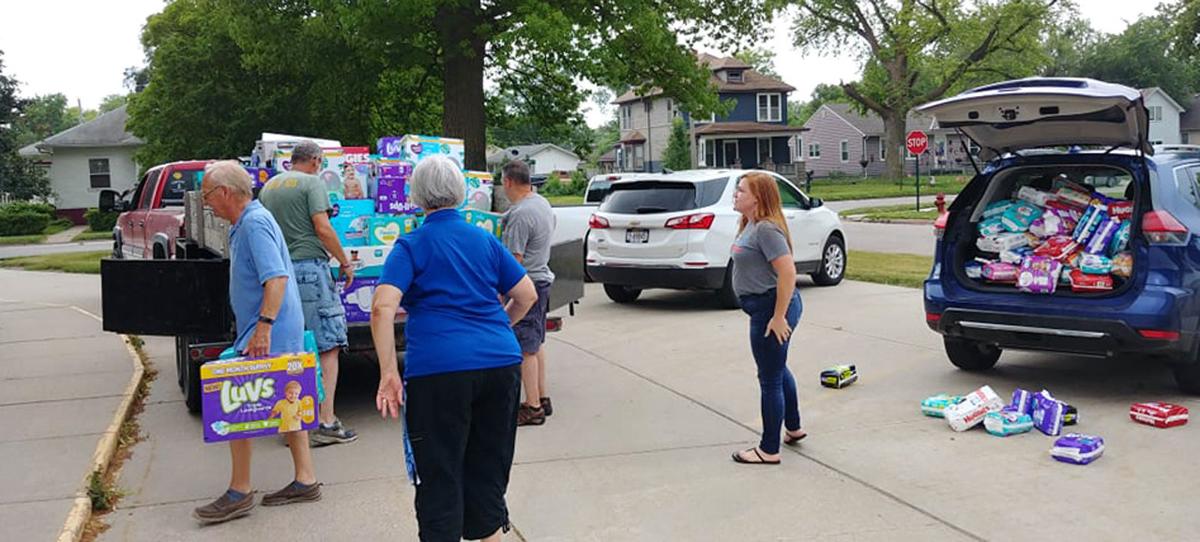The boss of Australia's largest airline says that once a coronavirus vaccine becomes widely available, it may require it for passengers to travel abroad. USA TODAY
The Civil Aviation Administration of China has issued some unusual advice for flight attendants looking for ways to avoid contracting coronavirus while working: It suggested they wear diapers to reduce their need to use airplane lavatories.
The agency, which is China's counterpart to the U.S. Federal Aviation Administration, offered that suggestion in a new document called "Technical Guidelines for Epidemic Prevention and Control for Airlines" that was published in late November, according to reports from CNN and Fox News.
In the section regarding personal protective equipment, the CAAC recommends that when flying in and out of high-risk areas with infection rates over 500 per 100,000 residents, flight attendants wear "medical masks, double-layer disposable medical gloves, goggles, disposable hats, disposable protective clothing, and disposable shoe covers."
That part isn't too eyebrow-raising, but the next line is.
"It is recommended that cabin crew members wear disposable diapers and avoid using the lavatories barring special circumstances to avoid infection risks," the manual says.
It's not yet fully understood how great an infection risk that fomites – genetic material found on surfaces like tray tables and lavatory toilet seats and sinks – pose to passengers and crew.
A Vietnamese study that examined an outbreak of 15 cases among Vietnam Airlines cabin crew and passengers on a March flight from London to Hanoi noted that 12 passengers from business class were infected, along with one flight attendant who was working the economy cabin.
The authors noted, "Airline crew often use business class toilets while on board, which might explain the case among the crew serving in economy class, for whom no other potential source of infection could be established."
During its study of the coronavirus outbreak of the Diamond Princess cruise ship this spring, the U.S. Centers for Disease Control and Prevention noted that novel coronavirus RNA, or genetic material (not the live virus), was still present on the surfaces of cabins occupied by both symptomatic and asymptomatic passengers and crew up to 17 days after they left the ship.
While the data doesn't show if transmission of the virus occurred from surfaces, the CDC's March report recommended exploring that possibility further.
The good news is that the air in the lavatory does not seem to pose a major risk.
"The air in the lavatory is continually changed, as it is in the cabin," USA TODAY aviation columnist and retired US Airways pilot John Cox said in a September story. "Modern toilets in aircraft use a vacuum system to move the waste from the lavatory to the holding tank, as a result when flushed, the vacuum system pulls air in. Additionally, there is fresh air continually pumped into the lavatory via one or more air vents. The small size of the lavatories means that the quantity of air is not large, making it easier to exchange."
Along with vaccines, innovations in aircraft bathrooms are on the way: Japan Air Lines is working on a touchless bathroom door. And Boeing has spend the last four years developing a self-cleaning lavatory that uses ultraviolet light to clean up to 99.9% of germs after each use.
Read or Share this story: https://ift.tt/37bZY24
The Link LonkDecember 11, 2020 at 11:36PM
https://ift.tt/37bZY24
Chinese agency advises flight crews to wear diapers to reduce COVID-19 risk in lavatory: reports - USA TODAY
https://ift.tt/2Comt7j
Diapers

No comments:
Post a Comment